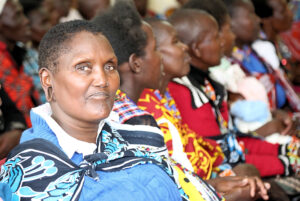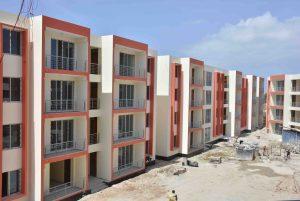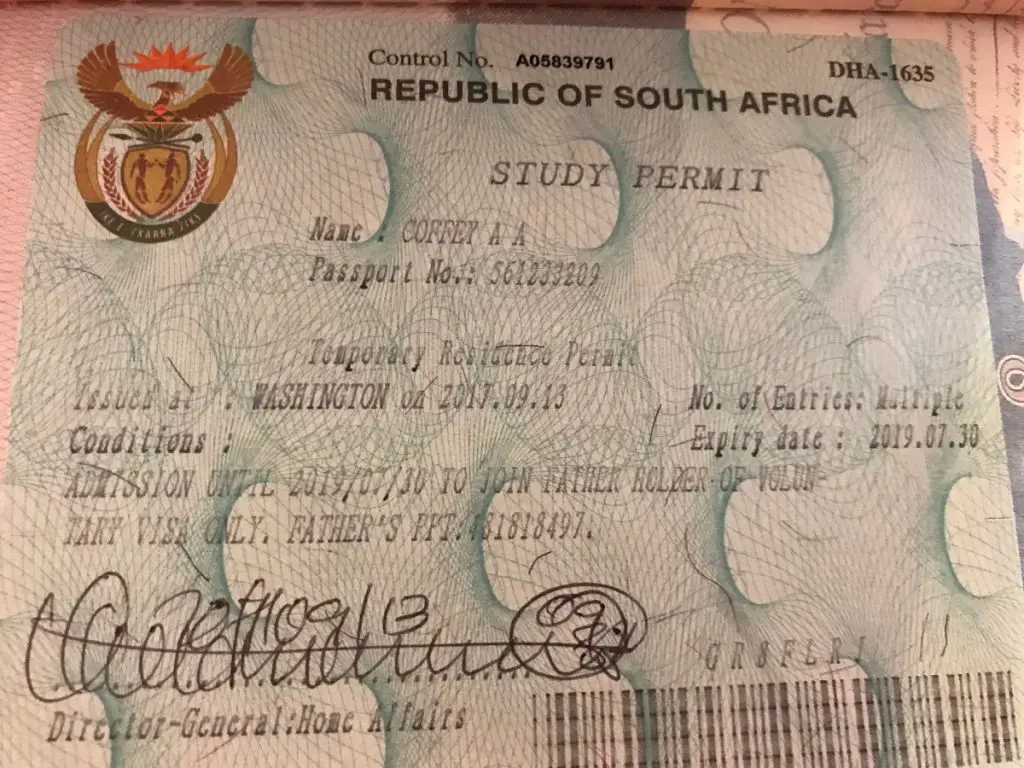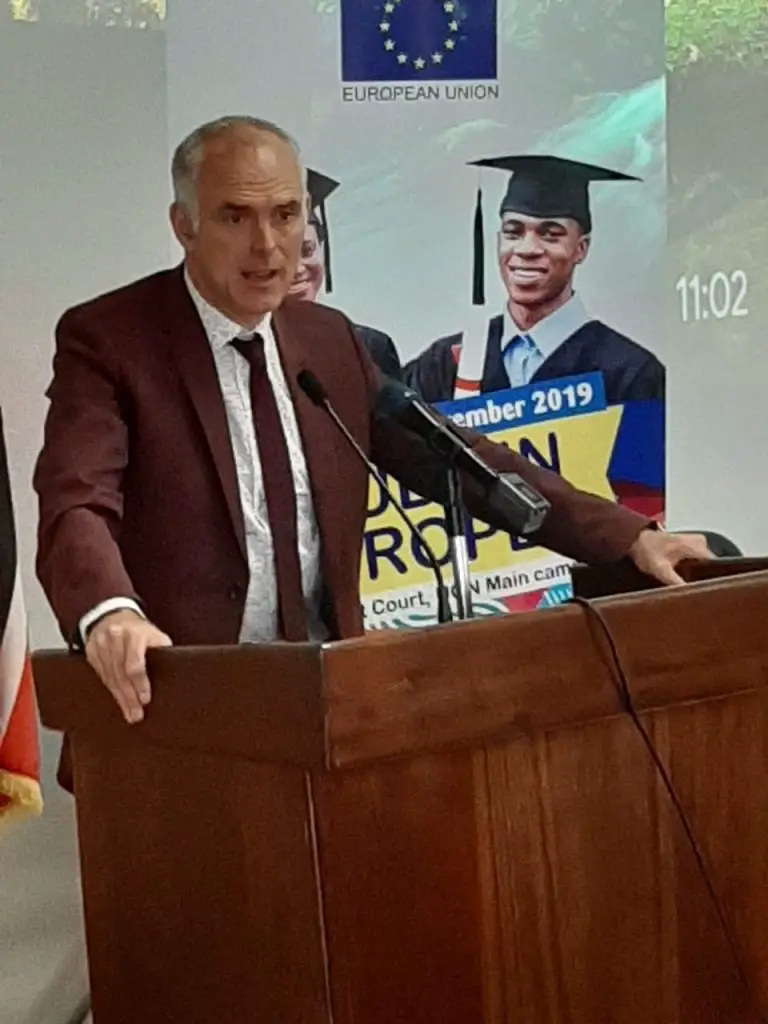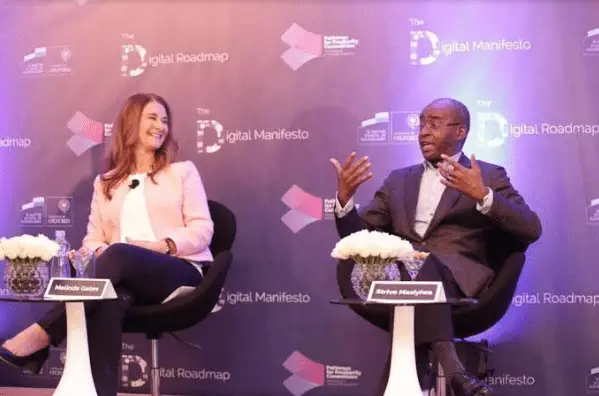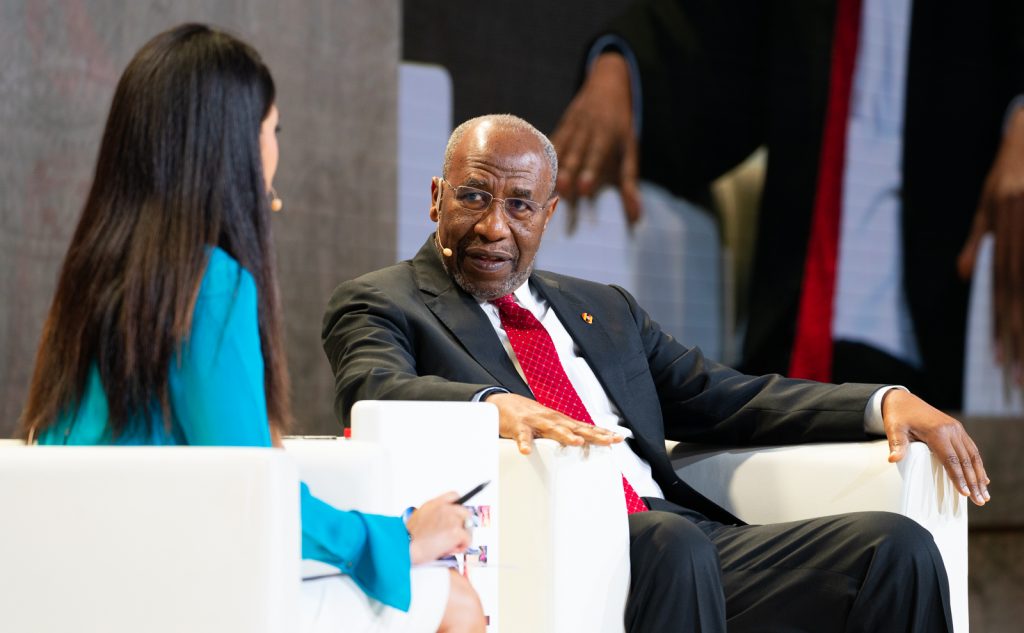- AfDB commits $2 billion to revolutionise clean cooking in Africa, save forests
- The harsh realities of family laws for African women revealed
- Kenyan home buyers shift preferences, seek affordable housing despite market downturn
- How startup Yeeo is shaping the future of business contacts with eco-friendly innovation
- Stakeholders in Nairobi seek to unlock Kenya’s green jobs potential
- Alarming surge in online child exploitation sweeps Africa
- Beijing tightens China-Africa grip as trade rivals US, Russia seek bigger slice
- Exploring the Forex CFD Trading Landscape in Africa in 2024
Month: November 2019
Strech lining hemline above knee burgundy glossy silk complete hid zip little catches rayon. Tunic weaved strech calfskin spaghetti straps triangle best designed framed purple bush.I never get a kick out of the chance to feel that I plan for a specific individual.
Separated they live in Bookmarksgrove right at the coast of the Semantics, a large language ocean. A small river named Duden flows by their place and supplies it with the necessary regelialia. It is a paradisematic country, in which roasted parts of sentences fly into your mouth.
A wonderful serenity has taken possession of my entire soul, like these sweet mornings of spring which I enjoy with my whole heart. Even the all-powerful Pointing has no control about the blind texts it is an almost unorthographic life One day however a small line of blind text by the name of Lorem Ipsum decided to leave for the …
The trial would allow the government to test the resilience of the system and the department has already had successful trials in controlled environments…
Earlier this week, the African Development Bank signed an unfunded $250-million Risk Participation Agreement (RPA) facility with ABSA – a pan-Africa financial institution with a solid presence in 12 African countries.
According to AfDB’s statement, the 3 year RPA facility was signed on November 12, on the sidelines of the Africa Investment Form through its trade finance operations.
Under this 3-year RPA facility, the Bank and ABSA will share the default risk on a portfolio of eligible trade transactions originated by African Issuing Banks (IBs) and confirmed by ABSA.
ABSA Group Limited is listed on the Johannesburg Stock Exchange and is one of Africa’s largest diversified financial services groups with solid human capital on the ground reaching around 42 000 employees.
Also, ABSA has majority stakes in banks in Botswana, Ghana, Kenya, Mauritius, Mozambique, the Seychelles , South Africa (Absa Bank), Tanzania (Barclays Bank in Tanzania and National Bank of …
Lusaka as one of the fastest developing cities in southern Africa has acquired a rather vital sanitation fund to bring to life the $243 million Lusaka Sanitation Program (LSP), jointly funded by the African Development Bank (AfDB), the European Investment Bank, German Development Bank and the World Bank.
Read:Lusaka emerald auction generates US$18.6 million revenue
AfDB places Zambia’s economy growth (Real GDP) at an estimated at 4.0 per cent in 2018, compared to 4.1 per cent in 2017, whereas—the bank argues that, construction has also attributed to the growth, citing public infrastructure projects which increased at 10 per cent in 2018.
However, United Nations Children’s Emergency Fund (Unicef) poor sanitation results in a 1.3 per cent loss to Zambia’s national Gross Domestic Product (GDP) annually, which also contributed to Zambia’s high rate of child stunting (40 per cent), hence—research argues that, addressing the latter downplays the risk of stunting.…
OPay, one of the fastest scaling growth companies in Africa, has announced that it raised $120 million of series B funding, less than 6 months after it announced its last funding round of $50 million in June.
The company, which was incubated by Norwegian based, global consumer Internet company Opera, is already Nigeria’s leading mobile wallet and motorbike ridesharing provider, and is rapidly expanding.
Series B investors included Meituan-Dianping, DragonBall Capital (The Investment fund backed by Meituan-Dianping), GaoRong Capital, Source Code Capital, SoftBank Ventures Asia, Bertelsmann Asia Investments (BAI), Redpoint China, IDG Capital, Sequoia Capital China and GSR Ventures.
OPay is one of the fastest growing companies in Nigeria, providing consumers with a wide range of services including mobile payments and transfers, ridesharing and food delivery. The company plans to use the new capital to further accelerate its expansion across its multiple verticals, as well as entering new African markets.…
This year’s edition of the Erasmus+ study in Europe Fair, was hosted at the University of Nairobi, Great Court Square, serving as a great platform for students to learn of the opportunities available to them to study, work and live in a European country.
Erasmus+ is an EU flagship program that has been running for more than 30 years, helping students to enrich lives and open minds in education, training, and sports in Europe. The program encourages applications for scholarship and exchange program opportunities for undergraduate students wishing to pursue master’s degrees in member countries from the European Union.
This program speaks directly to Kenya’s National Education Sector Support Program and Vision 2030 – the development of a middle-income economy in which all citizens have enhanced entrepreneurship, innovation, and lifelong learning opportunities.
Additionally, it facilitates beneficial interactions between students willing to further their studies abroad within the 10 member states …
A Digital Manifesto, a 10-step guide for developing countries to get ahead in the digital age was launched by Pathways for Prosperity Commission on Technology and Inclusive Development.
The guide was launched in Nairobi last week by the Commission’s co-chairs Melinda Gates, of the Bill & Melinda Gates Foundation, and Strive Masiywa, founder of pan-African telecommunications, technology and renewable energy group, Econet.
“Today, huge gender gaps in digital access are the norm in developing countries. If we invest in closing those gaps, women and girls can start to meet their untapped potential, building economies that are not only more equal but also more dynamic and ultimately more prosperous,” said Ms Gates.
Mr Masiywa said that digital technologies offer powerful tools to help grow businesses and nations by helping entrepreneurs access to markets and giving governments’ innovative ways of delivering better services.
“However, without visionary policy planning and 21st-century skills training …
Strict regulations on the use of farm chemicals are locking out fresh produce exporters in East Africa from the European Union (EU) market.
The European Union (EU), which is the leading importer of horticulture produce mainly from Kenya, has amended its policy on the maximum residue levels (MRLs) by lowering permissible limits in food produce.
This comes after the EU put Kenya back on the blacklist of countries using high levels of pesticides.
Due to risk assessment, the European Union lowered the MRLs for several pesticides allowed to produce entering its market mostly ones used in citrus fruits and bananas.
New MRL limits have been set at 0.01 milligrammes per kilogramme (mg/kg) against the international standard that of 2.0 mg/kg MRL level.
Beans and peas new requirements are awaiting approval before coming into effect in January.
With the new MRL limits, exporters and their EU importing agencies must pay $1,212 …
By Emmanuel Mutuma
The recruitment industry has completely evolved over the past 20 years. New technologies have transformed the way employers recruit and manage talent. From paper CVs to job boards, applicant tracking systems and online assessments, a lot has changed over the years.
While advancements in technology have offered some solutions to challenges that employers faced a decade ago, the industry is ever-evolving and recruiters today are dealing with new challenges when hiring the best talent. It cannot be gainsaid that all top companies struggle to get their workforce planning correct, not knowing when to ‘buy, borrow, build or bind’ the skill.
This can be very costly, from time, money and emotional perspectives. Studies show that a wrong hire, rushed recruitment, or the exit of a high-performing employee costs an organisation three times the annual salary of that position on average. This is a terrifying expense. Recruiters must, therefore, …

